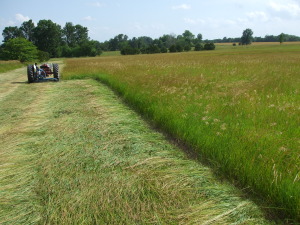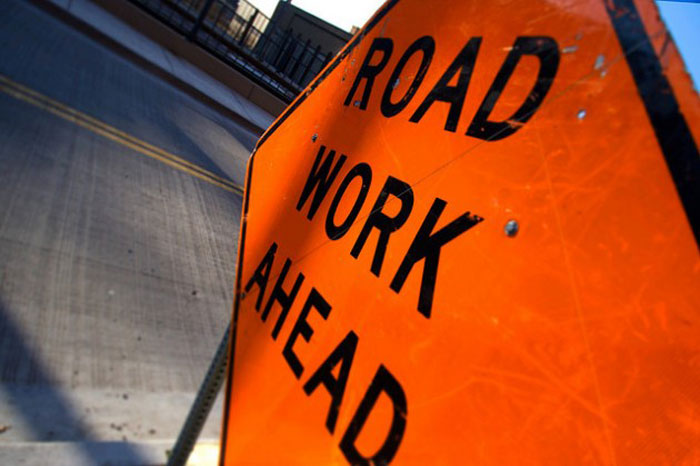 America runs on farmers – they feed our nation and the rest of the world. There are millions of farms, from large agribusinesses to small family farms that have been handed down from generation to generation. No matter what the size or type of farm, each and everyone can benefit from the right insurance.
America runs on farmers – they feed our nation and the rest of the world. There are millions of farms, from large agribusinesses to small family farms that have been handed down from generation to generation. No matter what the size or type of farm, each and everyone can benefit from the right insurance.
Typically, a farm insurance policy covers two main areas:
- Dwelling or home protections, which covers your home in the event of major disasters, such as windstorms, hail and fires, plus accidents, theft or vandalism to your home.
- Farm liability protection which protects you from losing your farm due to any liability issues, and covers bodily injury to another person, medical payments associated with their injury and damage to their property. It also provides for legal defense and payment of claims for which you are legally responsible.
But did you know that there are additional policies that you may want to look into? For instance, what if something happens to one of your hay barns or grain silos or your brand new New Holland tractor? We all know those cost a pretty penny.
Here are 2 other types of farm insurance to consider:
- Barn Insurance and Other Outbuilding Coverage: Farm policies can be designed to also insure outbuildings, this includes barns, sheds, garages and other structures that store your equipment or livestock.
- Farm Equipment Coverage: Farm equipment coverage can cover your farm equipment, supplies and other machinery. This includes items like combines, irrigation systems and feed. You can cover the whole of the equipment under a blanket policy at a certain dollar limit or list the separate high cost items you want to cover on a scheduled policy.
Buy What Makes the Most Sense for Your Farm
Farming is a multi-billion dollar industry that takes more time and hard work that most careers. Don’t you want to protect that? Check in with your insurance agent to make sure the coverage that you have is really what you need.
Maybe you have too much coverage, or maybe you don’t have enough. Buying the right insurance is an investment into your business and can make a huge difference in your financial stability if something were to happen to your home, farming equipment or to an employee.


 When people think of insurance, the usual policies come to mind – rental insurance, car insurance, home insurance – but did you know that there are policies to insure legs, body hair and even alien invasions? We kid you not… here are the top 10 weirdest types of insurance policies we could find.
When people think of insurance, the usual policies come to mind – rental insurance, car insurance, home insurance – but did you know that there are policies to insure legs, body hair and even alien invasions? We kid you not… here are the top 10 weirdest types of insurance policies we could find. These days home-based businesses are becoming more and more popular, especially with the internet and advanced digital platforms which allow business owners to run their empires from home. Running your own business is both exciting and rewarding. It also takes a lot of coordination and sacrifice, so what happens if there is an accident with a client or a disaster out of your control that affects your ability to work?
These days home-based businesses are becoming more and more popular, especially with the internet and advanced digital platforms which allow business owners to run their empires from home. Running your own business is both exciting and rewarding. It also takes a lot of coordination and sacrifice, so what happens if there is an accident with a client or a disaster out of your control that affects your ability to work?

 As most homeowners know, homeowner insurance policies are important because they provide protection and coverage for their personal property.
As most homeowners know, homeowner insurance policies are important because they provide protection and coverage for their personal property.
 With spring comes warmer weather, the glimmer of the sun, blooming flowers and unfortunately, flooding. Make sure your home is prepared this spring to help avoid any costly flood damages. Even if you think your home is not at risk, it’s best to be prepared. Renter’s or homeowner’s insurance don’t typically cover losses due to flooding, so if you’re new to the area or new to your home, be aware.
With spring comes warmer weather, the glimmer of the sun, blooming flowers and unfortunately, flooding. Make sure your home is prepared this spring to help avoid any costly flood damages. Even if you think your home is not at risk, it’s best to be prepared. Renter’s or homeowner’s insurance don’t typically cover losses due to flooding, so if you’re new to the area or new to your home, be aware.




